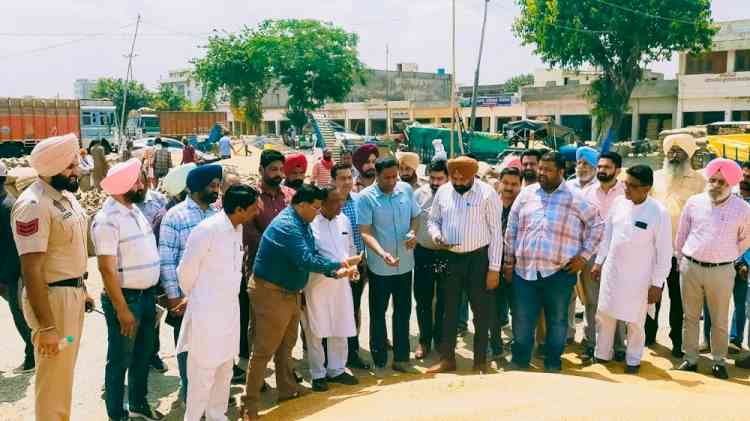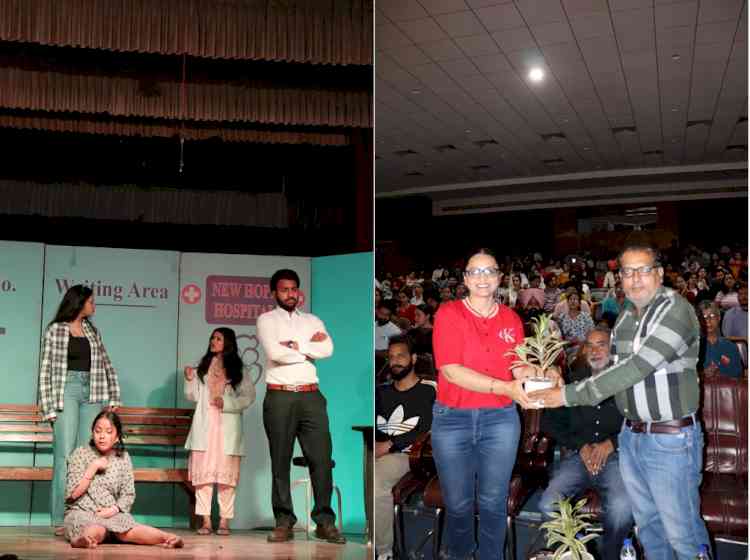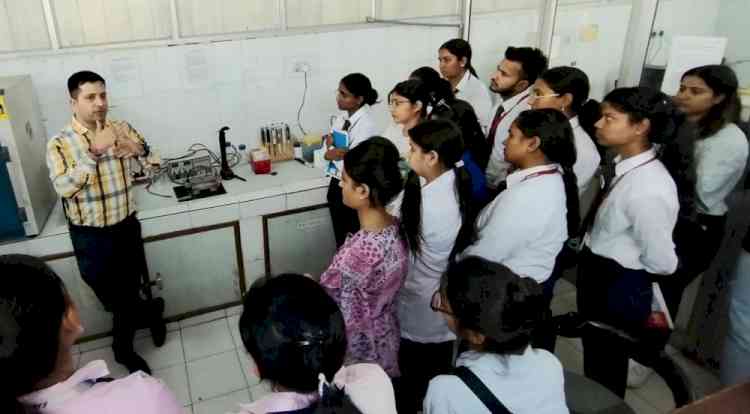KVK Chamba bags NICRA award

The Krishi Vigyan Kendra (KVK) Chamba of the Dr YS Parmar University of Horticulture and Forestry (UHF), Nauni has been awarded at the national level for the successful implementation of the National Innovations in Climate Resilient Agriculture (NICRA) project in Lagga village of the district.
NICRA is an ICAR funded project, which was started in 2011 throughout India in 100 KVKs, including four of Himachal. The project was launched to address the climatic vulnerability prevailing in these kendras. Climatic vulnerability like water scarcity, drought, dry spells, delayed monsoon, hailstorm, cold waves and prolonged winter season were addressed under this project.
This NICRA model of KVK Chamba was awarded at the Annual Review Workshop of Krishi Vigyan Kendras, which was held recently at the Central Research Institute for Dryland Agriculture, Hyderabad in which representatives of 121 KVKs took part. Dr Kehar Singh Thakur, Scientist cum Nodal officer of NICRA represented KVK Chamba in this workshop and gave an oral and poster presentation in the workshop. He received the Best NICRA Award for Zone-1 from Dr AK Singh, ICAR Deputy Director General (Agricultural Extension). He also bagged the award for the best poster presentation at the workshop.
Dr Thakur dedicated the award to everyone associated with the project since its inception in 2011, particularly the farmers of Lagga village. Dr HC Sharma, UHF Vice Chancellor and other faculty and staff also congratulated the team on their achievement.
Under the project, KVK Chamba carried out interventions at village Lagga which falls under Mehla block of District Chamba. It comprises of seven small villages like Lagga, Pudhruin, Ghati, Osal, Hathla, Shakla and Prechha. In the first phase (2011-2016), 102 families were selected covering an area of 89 ha. under different interventions. Four modules-Natural Resource Management, Crop Production, Livestock and Fisheries, and Capacity Building were covered. Different interventions/ demonstrations were also carried out in these selected villages.
In 2018, five more villages were adopted to upscale the proven technology of existing villages. Successful interventions include the introduction of spur-type apple plantations in 24.9 ha area, 64 polyhouses, crop diversification with cabbage (46.0 ha.), crop diversification cauliflower (59.5 ha.) and protected cultivation in .80 ha area. (Capsicum cucumber and tomato are grown under protected cultivation).

 cityairnews
cityairnews 
















